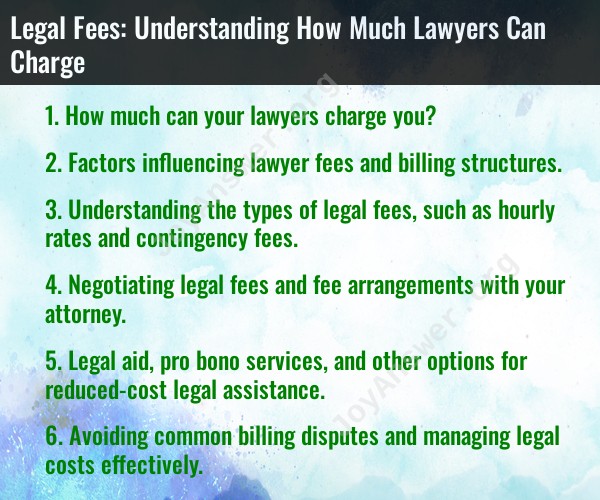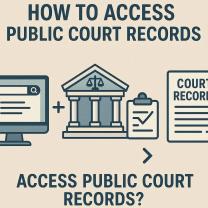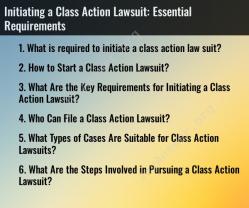How much can your lawyers charge you?
Legal fees can vary widely based on several factors, including the type of legal service, the complexity of the case, the lawyer's experience and expertise, and the geographic location where the lawyer practices. Lawyers typically charge clients in several ways, and the fees can be structured as follows:
Hourly Rate:
- Many lawyers charge clients an hourly rate for their services. The hourly rate varies significantly depending on the lawyer's experience and the location but can range from less than $100 per hour for less-experienced lawyers to several hundred dollars per hour for highly experienced or specialized attorneys.
Flat Fee:
- Some legal services, especially routine or straightforward matters, may be offered on a flat fee or fixed-fee basis. For example, drafting a will or handling a simple real estate closing might be charged as a flat fee.
Contingency Fee:
- In certain types of cases, such as personal injury or some employment and civil rights cases, lawyers may work on a contingency fee basis. This means the lawyer only gets paid if they win the case or secure a settlement for the client. The fee is typically a percentage of the amount recovered, often around 33-40% but can vary.
Retainer Fee:
- Lawyers may ask for a retainer fee upfront, which is a deposit that the client pays to secure the lawyer's services. The lawyer bills their hourly fees against the retainer and replenishes it as necessary. Any remaining retainer is typically refunded to the client at the end of the case.
Consultation Fees:
- Some lawyers charge a consultation fee for an initial meeting or discussion to assess the client's needs and provide preliminary legal advice. This fee may or may not be applied to further legal services.
Project-Based Fees:
- In some cases, lawyers may charge a flat fee for specific projects or tasks within a larger legal matter. For example, they might charge a separate fee for document review or court appearances.
Subscription or Prepaid Legal Services:
- Some lawyers or law firms offer subscription-based or prepaid legal services, where clients pay a monthly or annual fee in exchange for access to legal advice and services within certain parameters.
Pro Bono or Reduced Fee Services:
- Lawyers may offer pro bono (free) or reduced-fee services for clients who cannot afford standard legal fees. These services are often provided to individuals with limited financial means or in cases of public interest.
It's important to discuss fees and fee structures with your lawyer before you engage their services. Ask for a written fee agreement or engagement letter that outlines the terms and conditions, including the billing method, hourly rates, and any additional costs such as court filing fees or expert witness fees.
Legal fee regulations and ethics rules can vary by jurisdiction, so it's essential to understand the rules and regulations that govern legal fees in your specific location. If you have concerns about legal fees or believe you're being overcharged, you may consult with the local bar association or a legal ethics board for guidance.
Factors influencing lawyer fees and billing structures
There are a number of factors that influence lawyer fees and billing structures, including:
- The complexity of the case: More complex cases typically require more time and effort from an attorney, which can lead to higher fees.
- The experience and reputation of the attorney: More experienced and reputable attorneys typically charge higher fees.
- The location of the attorney: Attorneys in major cities and metropolitan areas typically charge higher fees than attorneys in smaller towns and rural areas.
- The type of case: Some types of cases, such as medical malpractice cases and class action lawsuits, can be very expensive to litigate.
Types of legal fees
The most common types of legal fees are hourly rates and contingency fees.
- Hourly rates: Hourly rates are charged by the hour, and the rate can vary depending on the experience and reputation of the attorney.
- Contingency fees: Contingency fees are a percentage of the recovery that the client receives, and the percentage is typically between 33% and 40%. Contingency fees are often used in personal injury cases, where the client may not be able to afford to pay upfront legal fees.
Negotiating legal fees and fee arrangements with your attorney
It is important to negotiate legal fees and fee arrangements with your attorney before you start working with them. You should discuss the following factors:
- The type of billing structure that the attorney uses
- The attorney's hourly rate or contingency fee
- Any other fees that the attorney may charge, such as court costs and expert witness fees
You should also get a written fee agreement from your attorney before you start working with them. The fee agreement should outline the following:
- The scope of work that the attorney will perform
- The billing structure that the attorney will use
- The attorney's hourly rate or contingency fee
- Any other fees that the attorney may charge
- A payment schedule
Legal aid, pro bono services, and other options for reduced-cost legal assistance
There are a number of options available to people who cannot afford to pay full price for legal services. These options include:
- Legal aid: Legal aid organizations provide free or low-cost legal services to people who meet certain income requirements.
- Pro bono services: Many attorneys provide pro bono services, which are free legal services. Pro bono services are often provided by law firms, corporations, and bar associations.
- Reduced-fee legal plans: Reduced-fee legal plans offer members discounted legal services from participating attorneys.
Avoiding common billing disputes and managing legal costs effectively
There are a number of things that you can do to avoid common billing disputes and manage legal costs effectively:
- Get a written fee agreement from your attorney before you start working with them.
- Communicate regularly with your attorney about your case and the costs associated with it.
- Be prepared to pay your attorney's bills on time.
- If you have any questions or concerns about your legal bill, discuss them with your attorney immediately.
Here are some additional tips for managing legal costs effectively:
- Set a budget for your legal fees.
- Prioritize your legal needs.
- Ask your attorney about ways to reduce costs.
- Consider using alternative dispute resolution (ADR) methods, such as mediation or arbitration, to resolve your dispute.
By following these tips, you can help to ensure that you get the legal representation you need at a price that you can afford.












